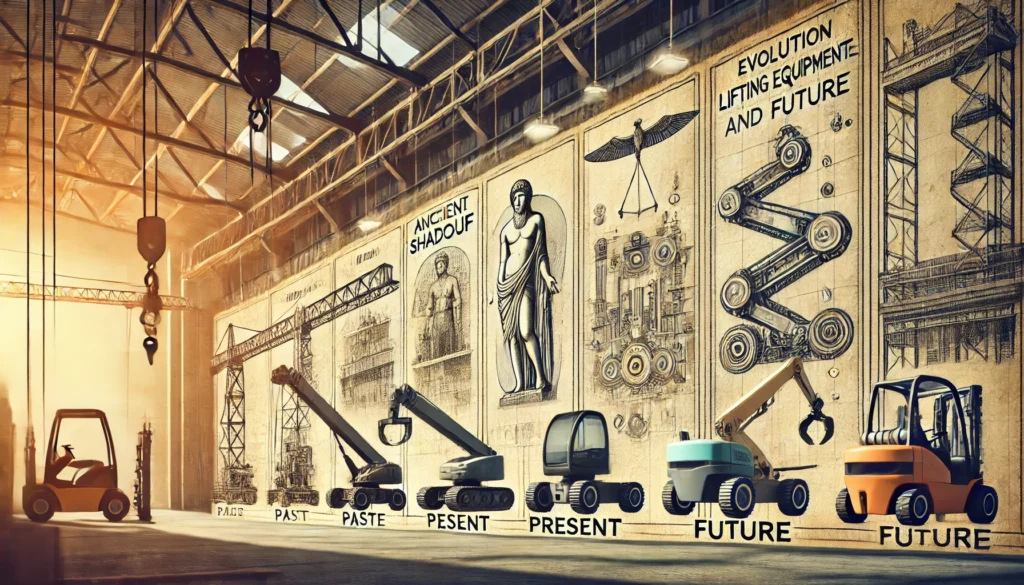In the complex and rapidly changing world of politics, trends and events unfold every day that have profound implications on local, national, and international levels. From populist movements and shifting alliances to global issues like climate change and economic inequality, the political landscape continues to evolve in unexpected ways. Understanding these forces, as well as their impacts, is crucial to navigating the modern political sphere.
This article aims to explore some of the most pressing political trends and issues currently shaping the world. By analyzing emerging movements, key global challenges, and the changing role of political power, we can gain a clearer understanding of where the world is headed in the coming years.
1. The Rise of Populism: Disrupting the Traditional Political Order
Populism has been a defining force in recent global politics. Leaders who employ populist rhetoric often position themselves as champions of the people, claiming to represent the interests of ordinary citizens against a perceived corrupt elite. This political approach has gained considerable momentum in recent years, with populist leaders gaining power in both developed and developing nations alike.
From Donald Trump in the United States to Jair Bolsonaro in Brazil and Victor Orbán in Hungary, populist leaders have sought to reshape political landscapes, often prioritizing nationalism, anti-immigration policies, and skepticism toward international cooperation. This approach challenges the traditional political establishment and often sparks intense divisions within societies.
The allure of populism can be attributed to several factors. Economic inequality, loss of manufacturing jobs, and rapid technological changes have left many individuals feeling alienated and disenfranchised. Populist leaders tap into these frustrations by promising to disrupt the status quo, restore national sovereignty, and address perceived social and economic injustices.
While populism has provided a voice for marginalized groups, it has also led to political polarization, the erosion of democratic norms, and an undermining of trust in institutions. The long-term impact of these movements on global politics remains uncertain, but they have certainly reshaped the way political discourse is conducted.
2. Climate Change Politics: A Defining Issue for the 21st Century
One of the most urgent political issues today is climate change. As the effects of global warming become increasingly evident, with rising sea levels, extreme weather events, and shifting ecosystems, the political debate over how to address the crisis has become more heated and complex.
Governments, corporations, and individuals are all grappling with how to mitigate the effects of climate change while transitioning to a more sustainable global economy. The Paris Agreement of 2015 marked a milestone in global cooperation on climate change, with countries agreeing to limit global warming to well below 2°C above pre-industrial levels. However, despite the progress made through international agreements, the gap between the goals set in these agreements and the actions taken by governments remains vast.
In some regions, political resistance to addressing climate change persists, with influential political figures arguing that the economic costs of reducing carbon emissions are too high. At the same time, green energy technologies like solar and wind power are growing, and new innovations in energy storage and carbon capture are emerging. The challenge is finding ways to accelerate this transition while ensuring that vulnerable populations are not left behind.
The political dynamics surrounding climate change will play a pivotal role in shaping the future of the planet. The 2020s will be a crucial decade for determining whether humanity can reverse the worst impacts of global warming or whether political inertia will allow the crisis to worsen.
3. Globalization vs. Nationalism: The Battle for the Future of International Cooperation
The tension between globalization and nationalism has become a defining feature of contemporary politics. Globalization—the increasing interconnectedness of nations through trade, technology, and communication—has brought about significant economic growth and opportunities for many. However, it has also contributed to job losses, inequality, and cultural dislocation in certain parts of the world.
Nationalist movements, which emphasize sovereignty, protectionist policies, and the prioritization of national interests over global cooperation, have gained significant traction in recent years. This is particularly evident in countries like the United Kingdom, where Brexit saw the nation leave the European Union in favor of more autonomous decision-making.
The challenge for policymakers is balancing the benefits of globalization—such as economic growth and access to new markets—with the concerns about national identity and security. The growing nationalism seen in various parts of the world calls for a reevaluation of international agreements and collaborations, especially in areas like trade, immigration, and security.
However, this rise in nationalism has sparked debates about the future of international institutions like the United Nations, the World Trade Organization, and NATO. As countries increasingly turn inward and prioritize national interests, the future of global governance remains uncertain.
4. Technology and Politics: The Changing Role of Digital Influence
Technology has always been a driver of change in politics, but the last decade has seen a significant transformation in how technology is used in the political sphere. The advent of social media platforms like Facebook, Twitter, and Instagram has revolutionized the way political leaders communicate with the public. These platforms offer a direct line to voters, bypassing traditional media channels.
However, the rise of digital platforms has also led to new challenges. Social media has been used to spread misinformation, fuel political polarization, and influence elections. The role of tech giants like Google, Facebook, and Twitter in moderating content has become a major political issue. Governments are now grappling with the question of how to regulate these platforms while preserving free speech and promoting democracy.
The use of artificial intelligence (AI) and big data is also reshaping political campaigning. Political consultants use data-driven strategies to target voters more effectively, and AI is being utilized to predict voting behavior and automate campaign strategies. While these tools can improve the efficiency of political campaigns, they also raise concerns about privacy and data misuse.
As technology continues to advance, it will play an even greater role in shaping the political process, influencing voter behavior, and potentially altering the course of democratic elections.
5. Economic Inequality: The Political Battle for Economic Justice
Economic inequality is a critical political issue, with growing disparities in wealth and income creating deep divides within and between countries. While the global economy has seen remarkable growth in recent decades, the benefits have not been evenly distributed. In many countries, the richest 1% continue to accumulate wealth, while the middle class shrinks, and poverty rates remain high.
Political debates surrounding economic inequality focus on policies such as progressive taxation, universal basic income, and labor rights. On one hand, there are calls for higher taxes on the wealthiest individuals and corporations, with the argument that this would reduce inequality and provide governments with the resources needed to address social issues like healthcare, education, and housing. On the other hand, opponents of such policies argue that they stifle innovation, discourage investment, and hinder economic growth.
Economic inequality also intersects with issues of race, gender, and access to education. These systemic inequalities have led to movements advocating for social justice and economic reform, calling for a fairer distribution of wealth and resources. As the global economy becomes increasingly interconnected, addressing inequality will be crucial for maintaining social stability and fostering inclusive growth.
6. The Future of Political Leadership: Adapting to a Changing World
Political leadership is being tested like never before. As global challenges become more complex and interconnected, leaders must not only address local issues but also navigate the broader geopolitical landscape. In the future, political leaders will need to be adaptable, innovative, and capable of collaborating across borders to address issues like climate change, economic inequality, and technological disruption.
The rise of young political leaders, often from grassroots movements, represents a shift toward more inclusive and progressive leadership. These new leaders are harnessing the power of social media and digital platforms to mobilize citizens, engage in direct dialogue, and challenge traditional power structures.
As the political landscape continues to evolve, the role of leadership will be crucial in shaping the direction of global affairs. Leaders who are able to balance national interests with global cooperation, address inequality, and promote sustainability will likely define the future of politics.
Conclusion: The Changing Political Climate and Its Implications
The political landscape is constantly evolving, influenced by shifting social, economic, and technological forces. The rise of populism, the challenges of globalization, the fight against climate change, and the impact of digital technologies are just a few of the issues that are shaping the future of global politics. As we look to the future, the ability of nations to adapt to these changes and cooperate on critical issues will determine the course of political development in the years to come.
Political leaders, citizens, and activists alike must be prepared to confront these challenges with resilience, creativity, and a commitment to justice and equality. By engaging in thoughtful dialogue, forging new alliances, and embracing innovation, we can work together to shape a better, more equitable world for future generations.




















